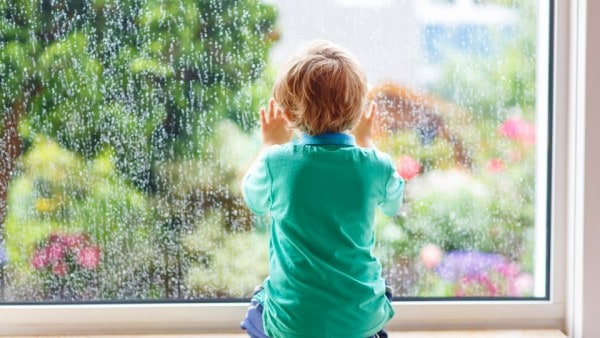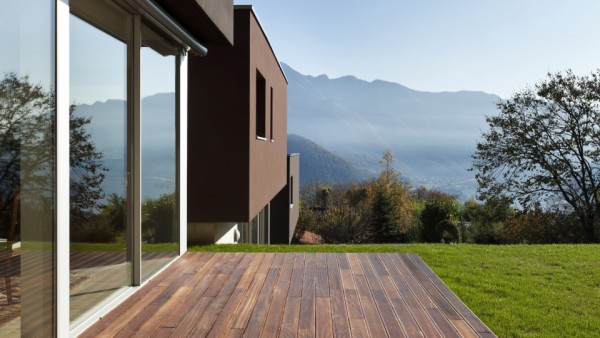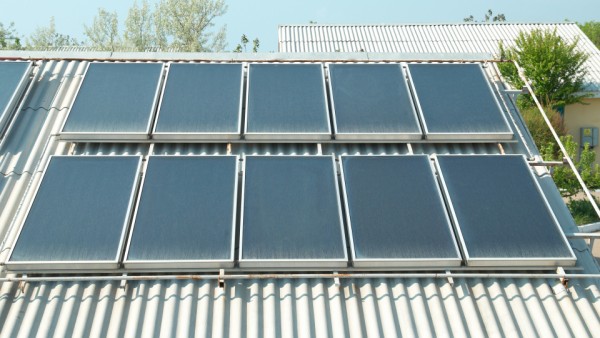Electric cars, solar powered homes and remote control of your lights and appliances. The future is already here and the energy saving technologies available to us are nothing short of amazing.
Building a new home is the best opportunity you’ll ever have to reduce your energy consumption. Remember, when we talk about being energy efficient, at the same time, we’re talking about saving you money too.
The options we have now that allow us to build smart and efficient homes are exciting. From active solutions to design-based passive solar concepts, there’s plenty to consider. As always, the smart money is on planning ahead.
- newhomesguide.com.au
Building a home that is energy efficient is more or less the same process as building one that isn’t so green smart. At the end of the day, most of the same decisions need to be made anyway. So, let’s take a look around and see what you can do to live in a house that’s almost as smart as you are.
What is energy efficiency?
This is a good question and the best place to start. An energy efficient home is one that requires the minimal amount of electrical power to heat and cool the home to a comfortable level throughout the year. It’s even possible for the home to produce excess power, return that power to the city grid, and receive credits for it. So, like we said, the possibilities are exciting.
What’s involved?
Central to achieving a home that is energy efficient is insulation, and how the home is heated and cooled. These things will also bring into play the windows and ventilation in the home. Solar power for the home is also central to this conversation. The orientation of the home can be important, as can the design and finally, your choice of lighting and appliances.
Energy efficiency experts
Start the energy efficiency conversation with your builder. In fact, for some people, living efficiently is so central to their new home plans that they will choose their builder based on their energy efficiency credentials. There are many builders out there with a specialisation in this area. You can also speak to architects who offer a good understanding of orientation and passive solar design (we’ll get to this later).
Know the rules
Around Australia, more and more progressive councils are developing their own policies on energy efficiency to encourage their communities to focus on it. You can contact your council, state or territory government department about building regulations and they’ll be able to advise you on any policies that involve energy efficiency and water saving regulations. These usually involve things like building materials, fences and hot water systems.
Position your home
The position of your home on the block can make a big difference because it can allow you to take advantage of winter sun and minimise summer heat. That means saving money on the heating and cooling of your new home. If you don’t have the luxury of a large block that gives you flexibility with orientation, the design of your home can still consider north and south to optimise sun in winter, and natural cooling in summer. A well-designed floor plan and appropriate orientation on your block can make a huge difference to the energy efficiency of your home long-term.
The floorplan
Think carefully about the floor plan of your new home, and exactly how much space you need. Being efficient also involves the construction materials and costs, and bigger homes are more expensive. Larger homes are also more expensive to heat, cool and furnish. Intelligent new home design can make the most of smaller spaces and deliver comfortable modern living as well as increase the value of your home.



